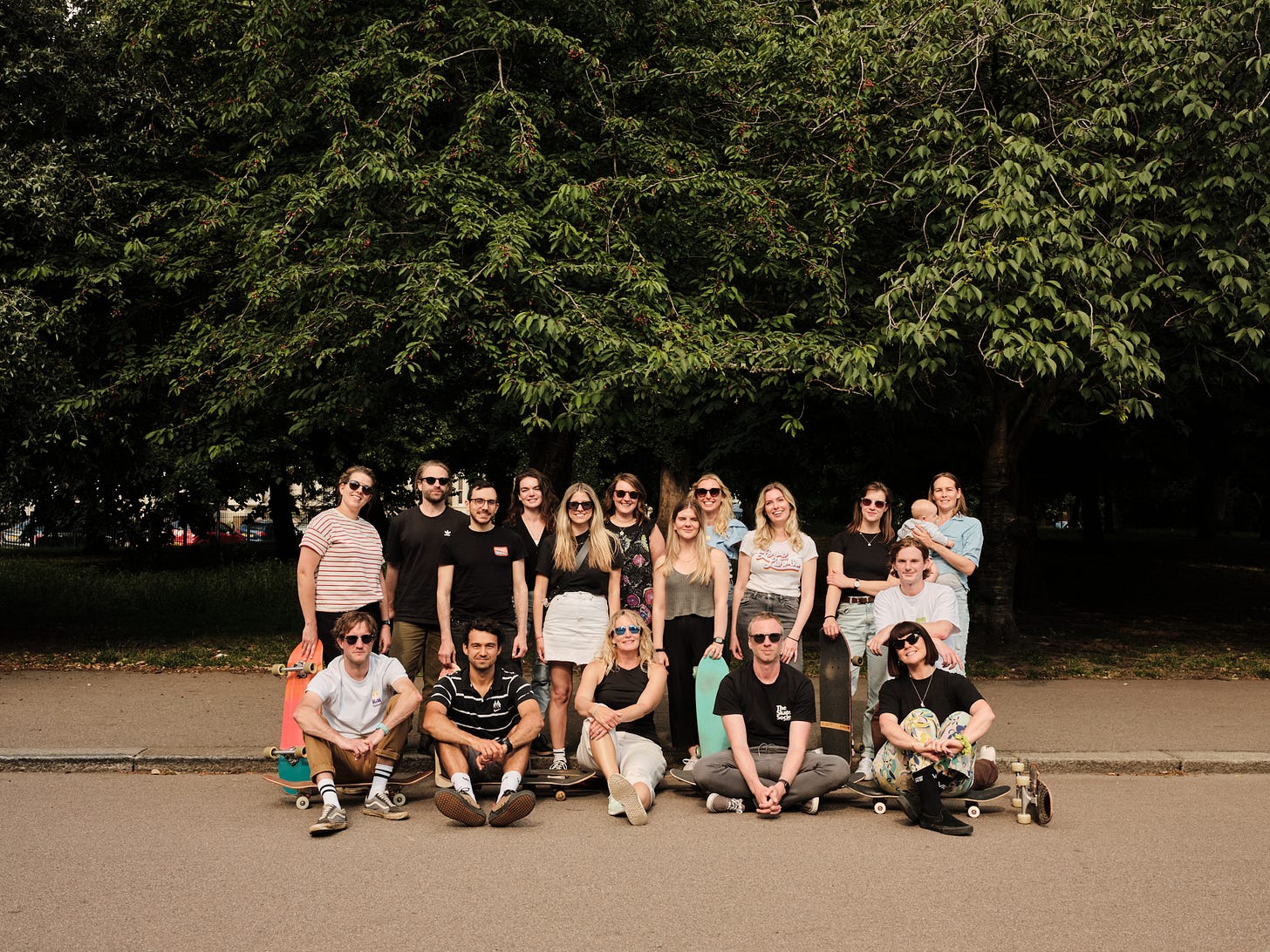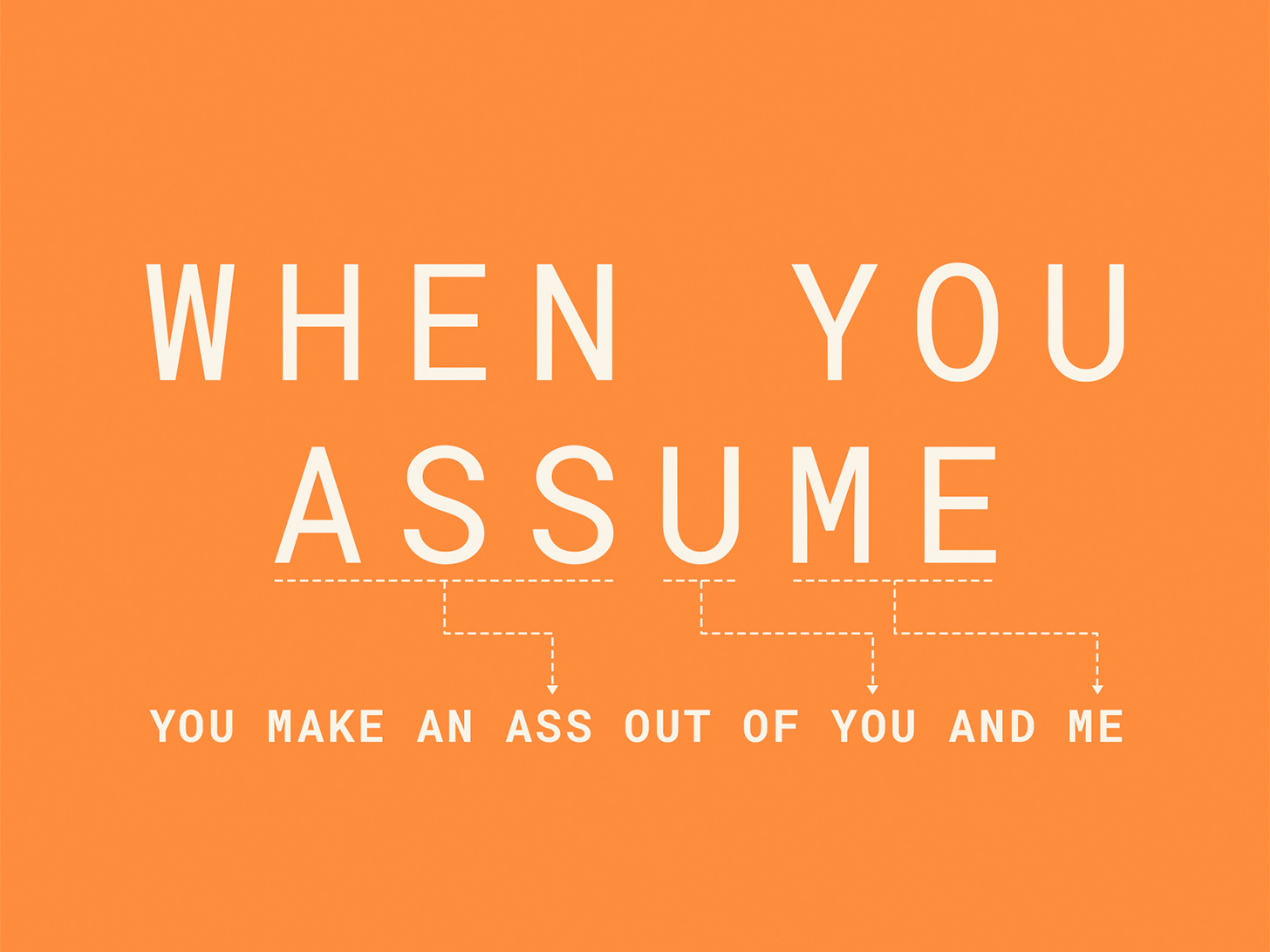5 things I’ve learned from being a mental health first aider
ACM Social Exec Charlotte Taylorson-Smith-Pritchard on how her training in emotional support has positively impacted her own life
No one is immune to mental ill-health, in the same way that no one is immune to a broken bone. I’ve had the not-so-pleasurable experience of both.
In a physical emergency you want to have first aid-trained folks around you to react practically and efficiently, stemming blood flow, dressing wounds, and helping with anything else that’s needed. In the same way, in emotional or psychological emergencies you’d want to have someone who is trained in mental health first aid nearby. I believe they’re as important as each other.
In my previous job, it was incredibly important to have the confidence and compassion to talk someone through a crisis. While my current role doesn’t require the same emotional fire-fighting, I still find myself using my mental health training in everyday life.
So here are five things I’ve learned from being a mental health first aider:
1. Anyone can help anyone
It’s quite simple really: you have the power to help. You don’t need a full first aid qualification to know that empathy and an open ear is what most people need when they find themselves in a patch of poor mental health. If the problem is more serious then professional help is important, but you’re not going to find out what’s needed without having a good ol’ chinwag first. By taking a small chunk of time out of your day to listen to someone and make them feel safe and welcome, you could be doing an unimaginable amount of good. To you, it’s a cuppa and a chat. To the person opposite, it could be the opportunity to share some hardships as yet unspoken.
2. Acronyms save lives
OK, so that title sounds a little facetious, but in the same way first aiders are taught ‘DR ABC’ for when they’re confronted with a collapsed individual, us mental health first aiders have our own acronym to whip out when helping a person in crisis: ‘ALGEE’.
Approach, assess and assist
Listen
Give support and information
Encourage professional help
Encourage self-help and other support strategies
While most of these seem obvious, it’s nice to have a mental checklist to run through, so you know you’ve provided the best support possible.
3. You SHOULD ask someone if they’re considering suicide
This fact really threw me when I started my training. Like the rest of my class, I thought asking the question could plant the seed, or that this “taboo” topic was too delicate to ask bluntly. But I learned that day, and have continued to learn, that the risk is far greater if you avoid asking it. Many don’t know how to articulate the feelings and ideas that have been overwhelming their thoughts. By asking the hardest question of them all, you could be allowing them to admit and face it for the first time.

4. “When you assume, you make an ass out of you and me” is very true
Assumptions are inevitable. The key is to not act on them. If you’re talking to someone in distress, it is absolutely paramount that you don’t assume you know the root cause, how they feel, or why they’re upset. We’re all on our own journey and we’re all in our own lanes; just because my panic attacks manifest in a very physical way, don’t assume that’s how all panic attacks present. Take the time to actively listen and don’t jump in with your own experiences: you’re likely to shut down some important information if you do.
5. By helping others, I help myself
By showing up for people, with the confidence to help, we can prove to ourselves that we can make a difference. It is also proof that, even if you have wrestled with your own mental monsters, you are still valuable, and that you’re capable of helping others (you may even be better placed to help, thanks to your empathetic ear). Self-care is of huge importance, but finding the right balance between helping yourself and others means you have the power to keep on keeping on for those that need you there.








